Home>Interior Design>What Major For Interior Design


Interior Design
What Major For Interior Design
Modified: September 1, 2024
Discover the perfect major for your career in interior design. Explore the opportunities and requirements in the field of interior design to pursue your passion.
(Many of the links in this article redirect to a specific reviewed product. Your purchase of these products through affiliate links helps to generate commission for Storables.com, at no extra cost. Learn more)
Overview
Interior design is a fascinating field that combines creativity, aesthetics, and technical knowledge to create functional and visually appealing spaces. It involves the art and science of enhancing the interior environment of a building to achieve a healthier and more aesthetically pleasing atmosphere for the people using the space.
Interior designers play a crucial role in transforming homes, offices, hotels, restaurants, and other commercial spaces into functional and attractive settings. They work closely with clients to understand their needs, preferences, and budget constraints, and then develop design concepts that fulfill those requirements.
Interior design is not just about selecting furniture, colors, and fabrics. It also involves understanding architectural details, spatial planning, lighting, acoustics, and building regulations. The goal is to create spaces that are not only visually appealing but also functional, safe, and sustainable.
Interior designers often collaborate with architects, contractors, and other professionals to bring their creative vision to life. They may be involved in new construction projects or renovations, working on everything from floor plans and room layouts to selecting materials, finishes, and furnishings.
Being an interior designer requires a unique blend of skills, including a keen eye for design, excellent communication and problem-solving abilities, and knowledge of the latest industry trends and technologies. It is a field that offers endless opportunities for creativity and self-expression, making it a popular career choice for those with a passion for design and aesthetics.
Key Takeaways:
- Interior design requires a unique blend of creativity, technical knowledge, and problem-solving skills to create functional and visually appealing spaces that meet clients’ needs and exceed expectations.
- When choosing a major for interior design, consider factors such as interests, practical experience opportunities, faculty expertise, and long-term career prospects to make an informed decision that aligns with your goals and aspirations.
Read more: What Is Interior Design?
Skills Required
To excel in the field of interior design, several skills are essential. These skills not only help designers create visually appealing spaces but also ensure functionality, practicality, and client satisfaction. Here are some key skills required for a successful career in interior design:
- Creativity: Interior designers need a strong creative flair to come up with innovative and unique design concepts. Creativity allows them to think outside the box, experiment with different ideas, and create engaging and aesthetically pleasing spaces.
- Attention to Detail: Precision and attention to detail are crucial in interior design. Designers must pay close attention to measurements, proportions, and spatial arrangements to ensure every detail is accurate and harmonious within the space.
- Communication: Good communication skills are essential for successful collaboration with clients, architects, contractors, and other professionals. Designers must be able to articulate their ideas clearly and listen actively to client feedback to ensure that their vision is accurately translated into the final design.
- Problem-Solving: Interior designers often encounter challenges during the design process. The ability to think critically and creatively to overcome obstacles and find practical solutions is essential.
- Technical Knowledge: Alongside creativity, interior designers must possess a solid understanding of technical aspects such as space planning, building codes, materials, construction techniques, and lighting. They need to balance aesthetics with functionality and ensure that designs are not only visually appealing but also structurally sound and safe.
- Time Management: Interior design projects often have strict timelines and deadlines. Designers need strong time management and organizational skills to complete projects on time and within budget.
- Color Theory and Material Selection: A strong understanding of color theory and the ability to select appropriate materials, fabrics, and finishes are fundamental to create a cohesive and visually pleasing design scheme.
- Computer Skills: Proficiency in design software such as AutoCAD, SketchUp, and Adobe Creative Suite is essential for creating accurate 2D and 3D visualizations, floor plans, and presentations.
Developing these skills takes time and practice, but they are essential for a successful career in interior design. By honing these abilities, designers can create spaces that not only meet their clients’ needs but also exceed their expectations.
Education and Training
Obtaining the right education and training is crucial for aspiring interior designers to develop the necessary skills and knowledge in the field. While formal education is not always required, it can greatly enhance job prospects and provide a strong foundation for a successful career. Here are some options for education and training in interior design:
- Bachelor’s Degree in Interior Design: Many colleges and universities offer bachelor’s degree programs in interior design. These programs typically last four years and provide comprehensive training in design principles, spatial planning, materials and finishes, lighting, and other essential aspects of the field. A bachelor’s degree provides a solid academic background and is often required by many employers.
- Associate Degree or Diploma Program: For those who prefer a shorter and more focused education, associate degree programs or diploma programs in interior design are available. These programs typically take about two years to complete and cover the basic principles of design, drafting, and computer-aided design (CAD).
- Certification Programs: In addition to formal education, there are certification programs offered by professional organizations such as the National Council for Interior Design Qualification (NCIDQ). These programs assess a designer’s competency through a series of exams and are highly regarded in the industry.
- Continuing Education: Interior designers often participate in continuing education programs to stay updated with the latest trends, technologies, and regulations in the field. These programs help designers expand their knowledge and skills and maintain their professional credentials.
Alongside formal education, gaining practical experience through internships or apprenticeships is highly beneficial. Working under experienced professionals allows aspiring designers to apply their knowledge in real-life settings, learn from industry experts, and build a strong portfolio, which is essential for securing job opportunities.
It is important to note that licensing requirements for interior designers vary by location. In some regions, designers must obtain a license to practice professionally, while in others, registration with a professional organization is sufficient. It is crucial to research and understand the specific requirements and regulations in your area.
Continual learning and professional development are key in this dynamic field. Designers should keep abreast of emerging trends, technologies, and materials, attending industry events, conferences, and trade shows. Networking with other professionals and joining industry associations can also provide valuable opportunities for growth and exposure in the interior design community.
Popular Majors for Interior Design
When it comes to pursuing a major in interior design, there are several options that can provide a solid foundation for a career in the field. While the specific names of majors may vary between institutions, here are some popular areas of study for aspiring interior designers:
- Interior Design: This is the most obvious and straightforward choice for those interested in pursuing a career in interior design. A major in interior design focuses on developing the technical skills and knowledge needed to design and create functional and aesthetically pleasing interiors. It teaches students about space planning, materials and finishes, color theory, lighting, and other crucial aspects of interior design.
- Interior Architecture: Some universities offer a major in interior architecture, which places a greater emphasis on the architectural aspects of interior design. This major includes courses in structural systems, building codes, and construction techniques, alongside design principles. It prepares students to create comprehensive and innovative interior spaces that integrate seamlessly with the building’s structure and design.
- Environmental Design: Environmental design majors focus on creating sustainable and environmentally friendly interiors. This field emphasizes using eco-friendly materials, incorporating sustainable practices, and considering the environmental impact of design decisions. Students learn about energy conservation, green building certifications, and how to design spaces that promote well-being and sustainability.
- Fine Arts: While not directly related to interior design, a major in fine arts can provide a strong foundation in artistic principles, visual aesthetics, and creative thinking. This major allows students to develop their artistic skills, explore different mediums, and gain a unique perspective that can be applied to interior design projects.
- Textiles and Apparel: Majors in textiles and apparel are ideal for those interested in focusing on the fabric and material aspects of interior design. Students in this major learn about textiles, fabrics, patterns, and the manufacturing process. This knowledge is valuable in selecting and designing upholstery, curtains, and other textile-based elements of interior design.
It is important to thoroughly research and consider the curriculum, courses offered, and faculty expertise before selecting a major in interior design. Different programs may have varying emphases and strengths, so choose a major that aligns with your interests and career goals.
Ultimately, regardless of the specific major, gaining practical experience through internships, apprenticeships, and hands-on projects is vital for developing the skills and knowledge necessary to succeed in the field of interior design.
When choosing a major for interior design, consider programs that offer a strong foundation in design principles, technical skills, and industry knowledge. Look for schools with accreditation from organizations like CIDA to ensure a quality education.
Other Relevant Majors
While majors directly related to interior design are the most obvious choices for aspiring designers, there are several other fields of study that can be beneficial and provide a unique perspective in the world of interior design. Here are some other relevant majors that can complement and enhance a career in interior design:
- Architecture: A major in architecture provides a comprehensive understanding of building design, construction, and structural systems. This knowledge can greatly benefit interior designers, as it allows them to work collaboratively with architects and understand the architectural context in which their designs will exist.
- Graphic Design: Graphic design majors focus on visual communication, typography, and digital media. This field of study can be valuable for interior designers as they often create graphic presentations and visual representations of their designs. A strong grasp of graphic design principles can enhance the presentation and communication of their ideas.
- Industrial Design: Industrial design majors focus on designing and developing products for mass production. This field teaches students about form, function, materials, and manufacturing processes. An understanding of industrial design can be beneficial for interior designers working on custom furniture or collaborating with product designers.
- Psychology: A major in psychology provides insights into human behavior, cognition, and perception. Understanding how people think and interact with their environment is crucial for creating functional and user-centered designs. Psychology can help interior designers create spaces that promote well-being, productivity, and comfort.
- Business/Marketing: A major in business or marketing can be beneficial for interior designers who wish to start their own design firms or work independently. Understanding business principles, marketing strategies, and project management allows designers to effectively run their businesses and attract clients.
While these majors may not focus specifically on interior design, they offer complementary knowledge and skills that can enhance a designer’s capabilities. The interdisciplinary nature of interior design allows professionals to draw from various fields and apply their expertise in creating thoughtful and holistic design solutions.
When considering these majors, it is important to research the specific courses and curriculum offered to ensure they align with your interests and goals. Exploring minors, double majors, or taking elective courses in these related fields can also provide additional knowledge and a well-rounded background in the field of interior design.
Ultimately, a successful interior designer can come from a variety of educational backgrounds, and the combination of skills and knowledge acquired from different fields can contribute to a unique and diverse perspective in the world of design.
Read more: What Is Contemporary Interior Design
Factors to Consider in Choosing a Major
Choosing a major is a significant decision that can shape your career path and future opportunities in the field of interior design. Here are some key factors to consider when selecting a major:
- Interests and Passion: It is important to choose a major that aligns with your interests, passions, and long-term career goals. Consider what aspects of interior design excite you the most and choose a major that allows you to delve deeper into those areas.
- Curriculum and Courses: Research and review the curriculum and courses offered in each major you are considering. Look for programs that cover essential topics related to interior design, such as space planning, materials, lighting, and design principles.
- Faculty and Expertise: Explore the backgrounds and expertise of the faculty members in each major. Having knowledgeable and experienced professors can greatly enhance your learning experience and provide valuable insights in the field of interior design.
- Opportunities for Practical Experience: Consider the opportunities for internships, apprenticeships, or hands-on projects within each major. Practical experience is crucial for developing your skills and building a portfolio that showcases your abilities to potential employers.
- Networking and Industry Connections: Look into the availability of networking events, industry connections, and alumni networks associated with each major. Building a strong professional network can open doors to job opportunities, mentorship, and collaboration in the field of interior design.
- Flexibility and Minors: Consider the flexibility of each major and whether it allows you to explore related disciplines or pursue minors that could complement your interior design knowledge. Having a diverse skill set can provide a competitive edge in the industry.
- Location and Reputation: Research the reputation of the institution and the major within the field of interior design. Consider the location of the university and whether it offers opportunities to engage with the local design community and gain exposure to real-world design projects.
- Long-Term Career Prospects: While it’s essential to follow your passions, it’s also important to consider the long-term career prospects associated with each major. Research job market trends, average salaries, and potential career paths within the field of interior design for each major under consideration.
Ultimately, the best major for you will depend on your individual interests, goals, and learning style. It’s important to take the time to thoroughly research and consider all of these factors before making a decision. Remember, choosing a major is not a lifelong commitment, and many professionals in the field of interior design have successfully transitioned into the field with different educational backgrounds. What matters most is your dedication, passion, and drive to continuously learn and grow in the field of interior design.
Conclusion
Choosing the right major is an important step in your journey towards a fulfilling career in interior design. By considering factors such as your interests, curriculum, practical experience opportunities, and long-term career prospects, you can make an informed decision that aligns with your goals and aspirations.
Whether you choose a major directly related to interior design, such as interior design or interior architecture, or opt for a complementary field of study like architecture, psychology, or business, each major brings its unique benefits to the table. The interdisciplinary nature of interior design allows professionals to draw from various disciplines and apply their knowledge in creating innovative, functional, and aesthetically pleasing spaces.
While formal education is not always required in interior design, obtaining a degree or diploma in the field can provide a solid foundation of knowledge, develop crucial skills, and enhance job prospects. Additionally, gaining practical experience through internships, apprenticeships, or hands-on projects is invaluable for honing your skills and building a strong portfolio.
As you embark on your educational journey, keep in mind that learning and growth are ongoing processes in the field of interior design. Continual professional development, staying abreast of industry trends, and networking with other professionals are essential for achieving success and staying relevant in this ever-evolving field.
Remember, your passion, creativity, attention to detail, problem-solving skills, and ability to communicate effectively are the true assets that will make you a sought-after interior designer. Embrace the opportunities that come your way, stay curious, and never stop exploring new ideas, materials, and design concepts.
Choosing a major is an important stepping stone, but it is just the beginning of your journey. With dedication, perseverance, and a love for design, you can forge a successful and rewarding career in the dynamic world of interior design.
Frequently Asked Questions about What Major For Interior Design
Was this page helpful?
At Storables.com, we guarantee accurate and reliable information. Our content, validated by Expert Board Contributors, is crafted following stringent Editorial Policies. We're committed to providing you with well-researched, expert-backed insights for all your informational needs.

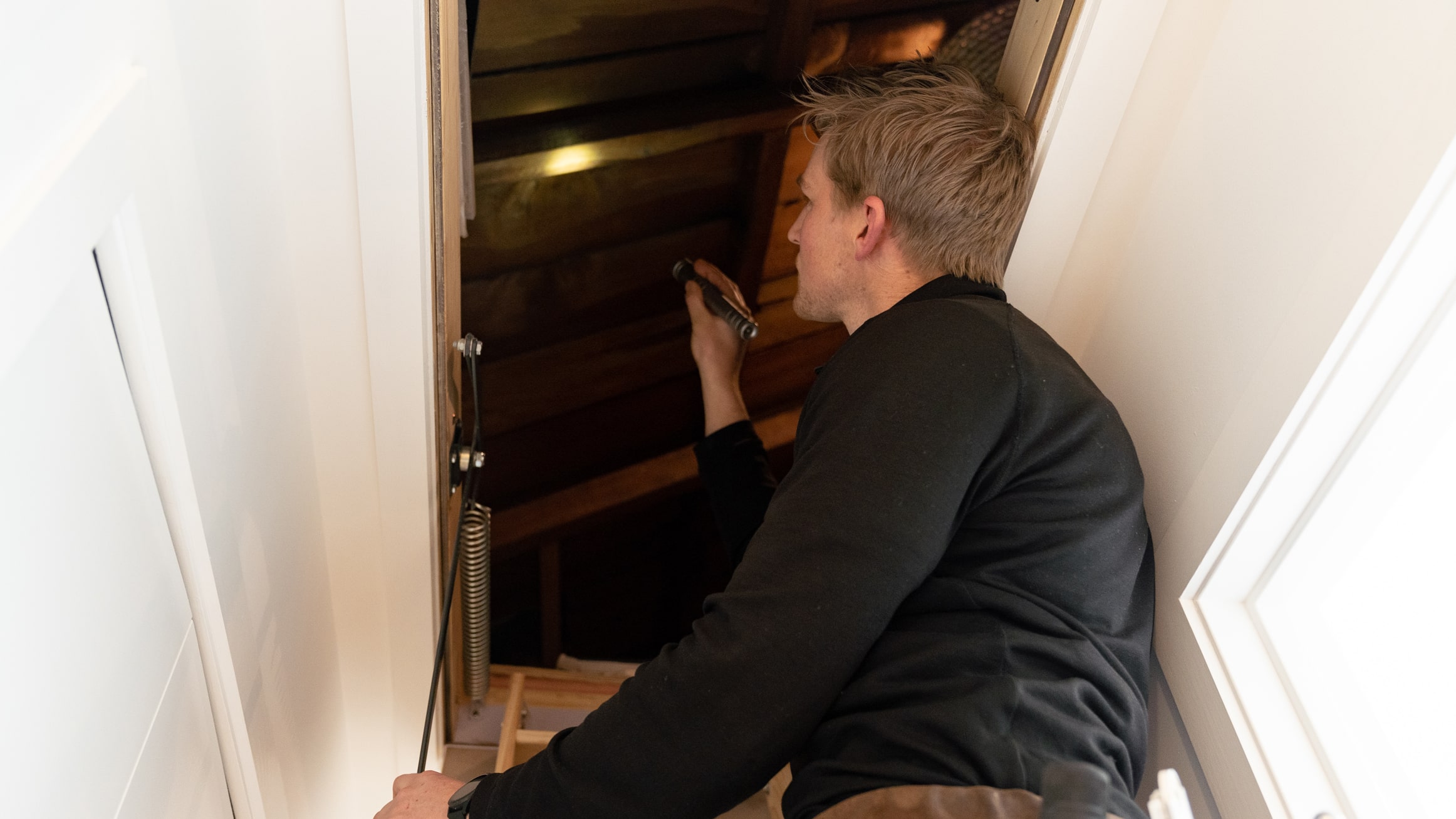



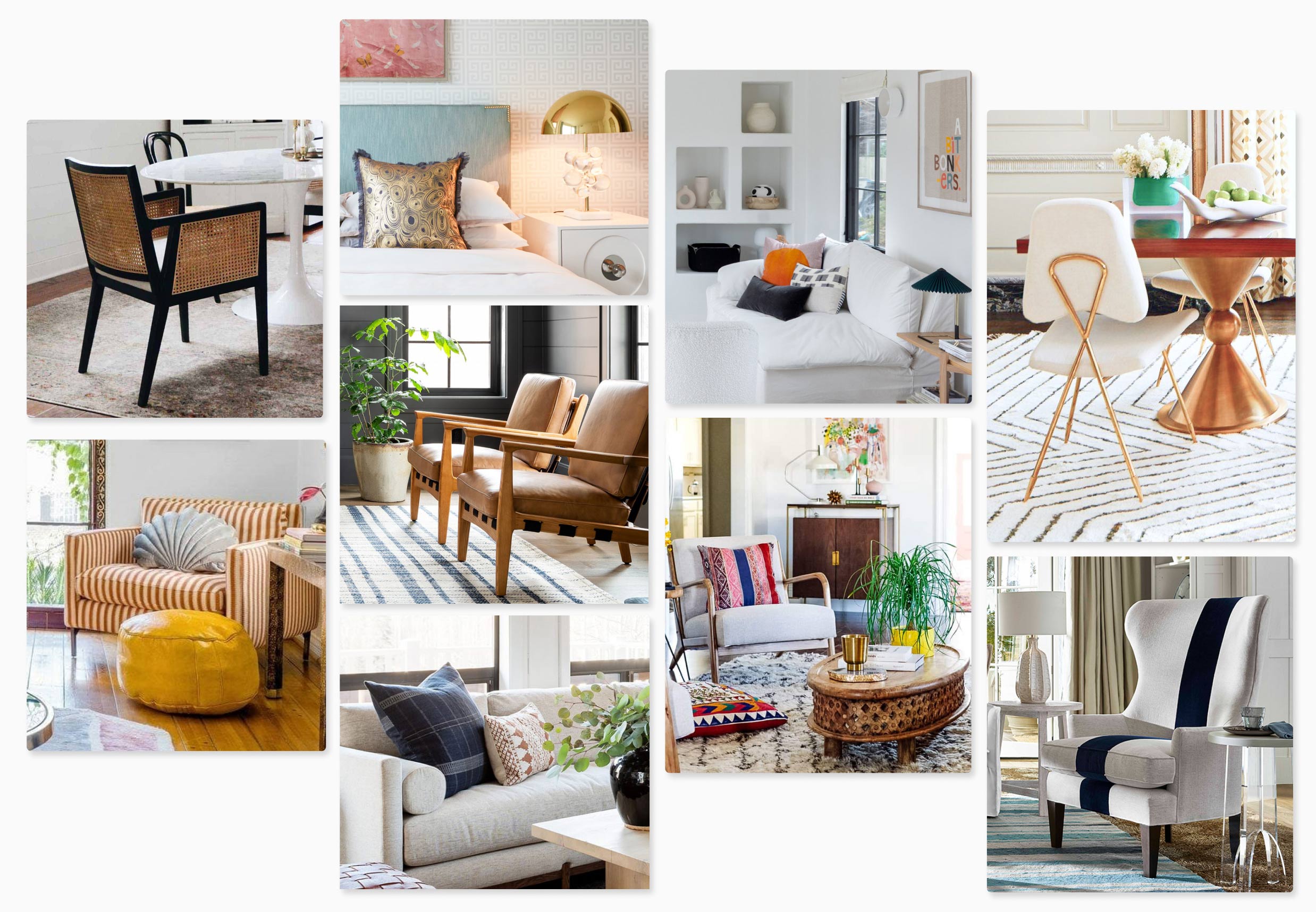

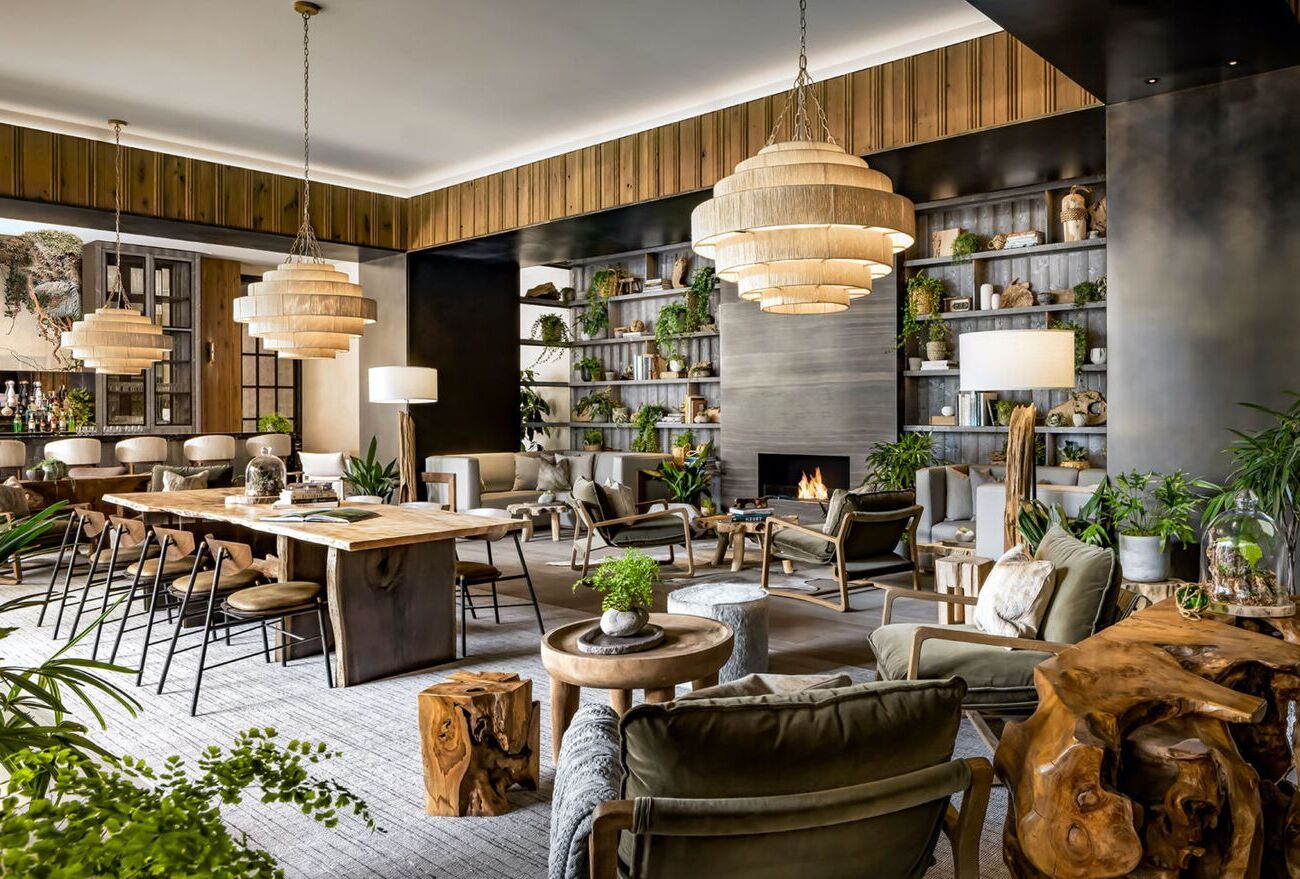
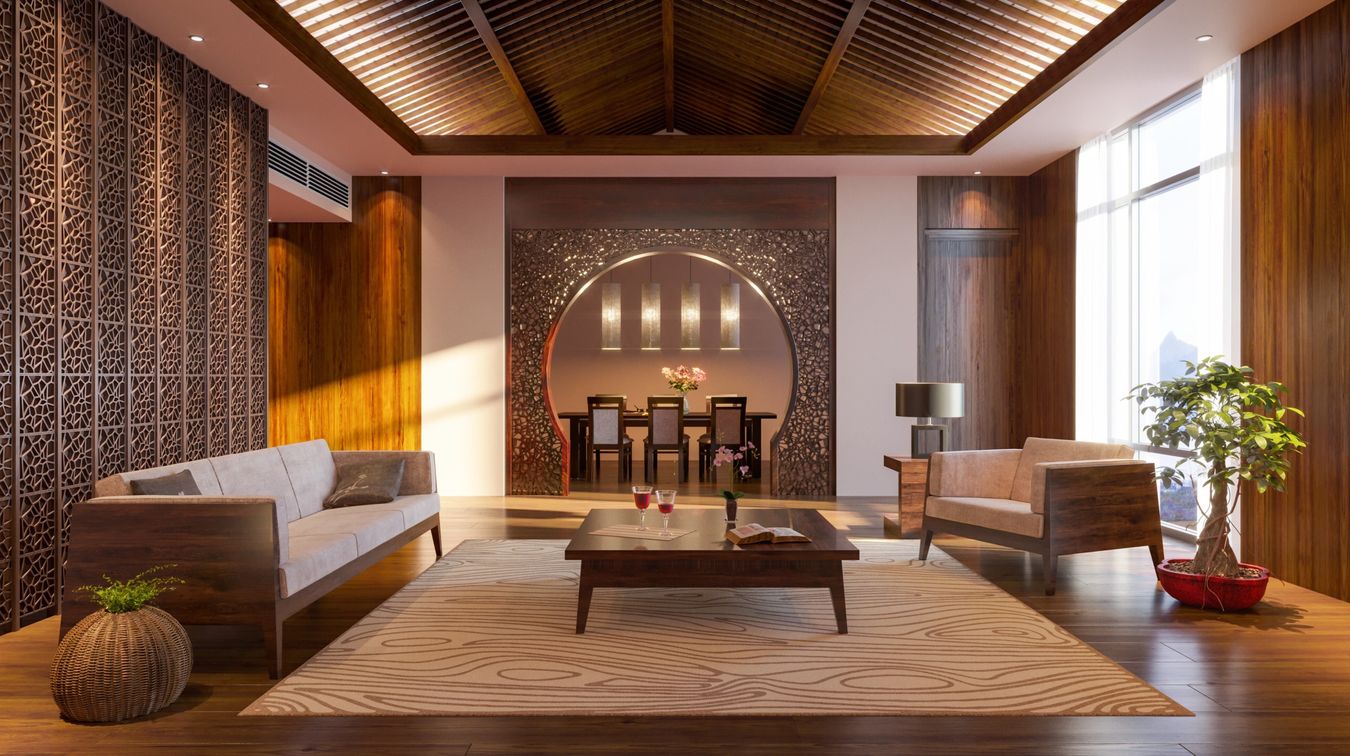
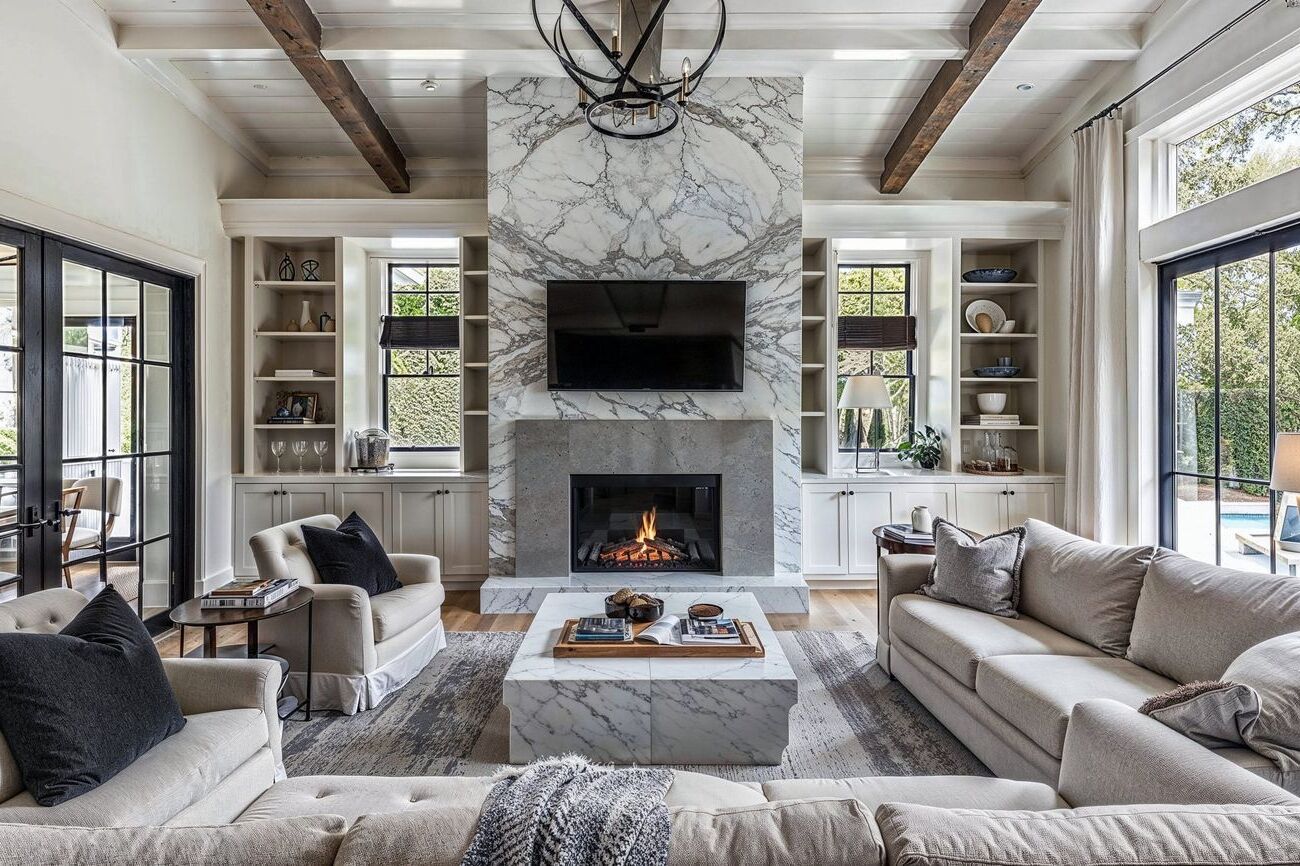
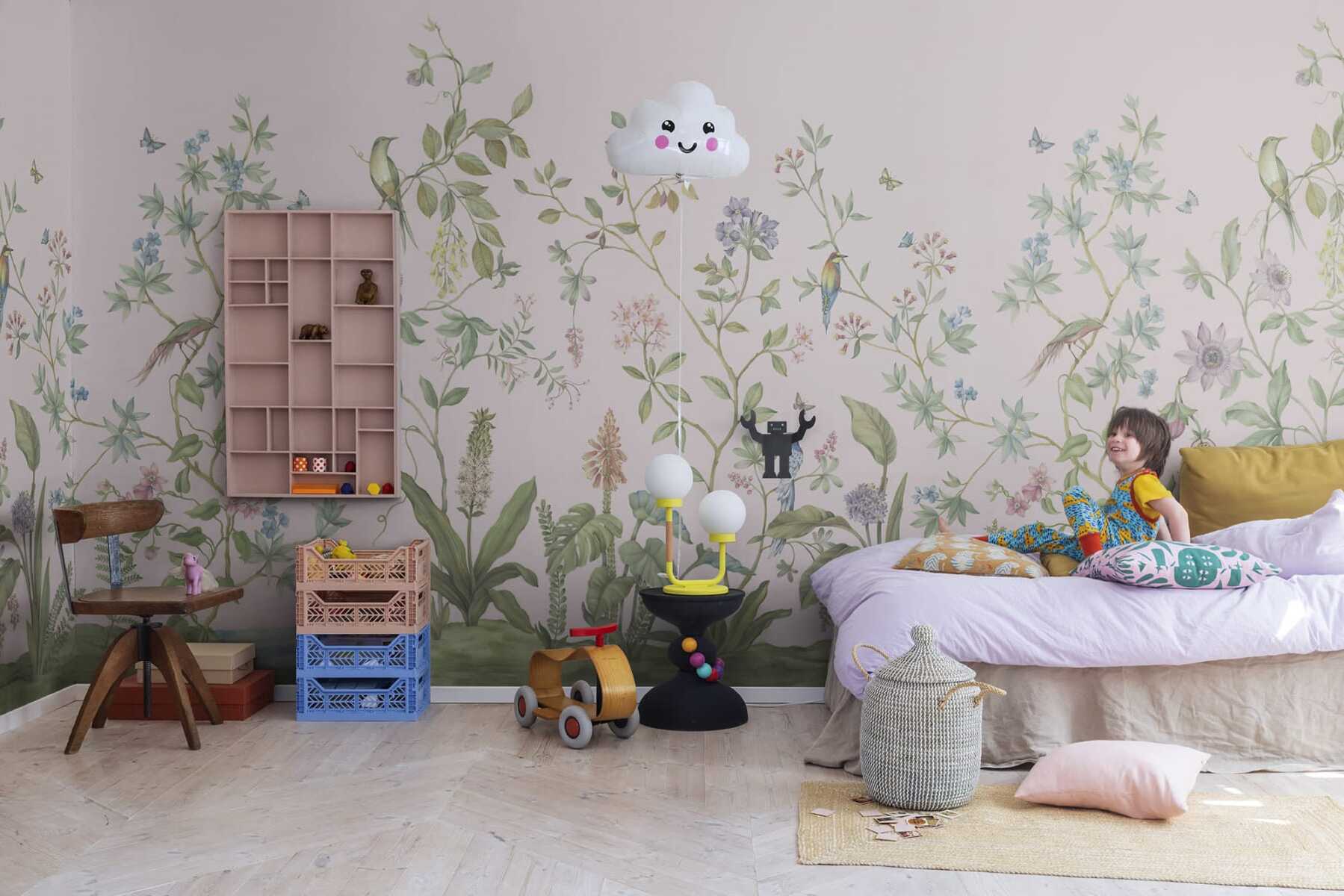
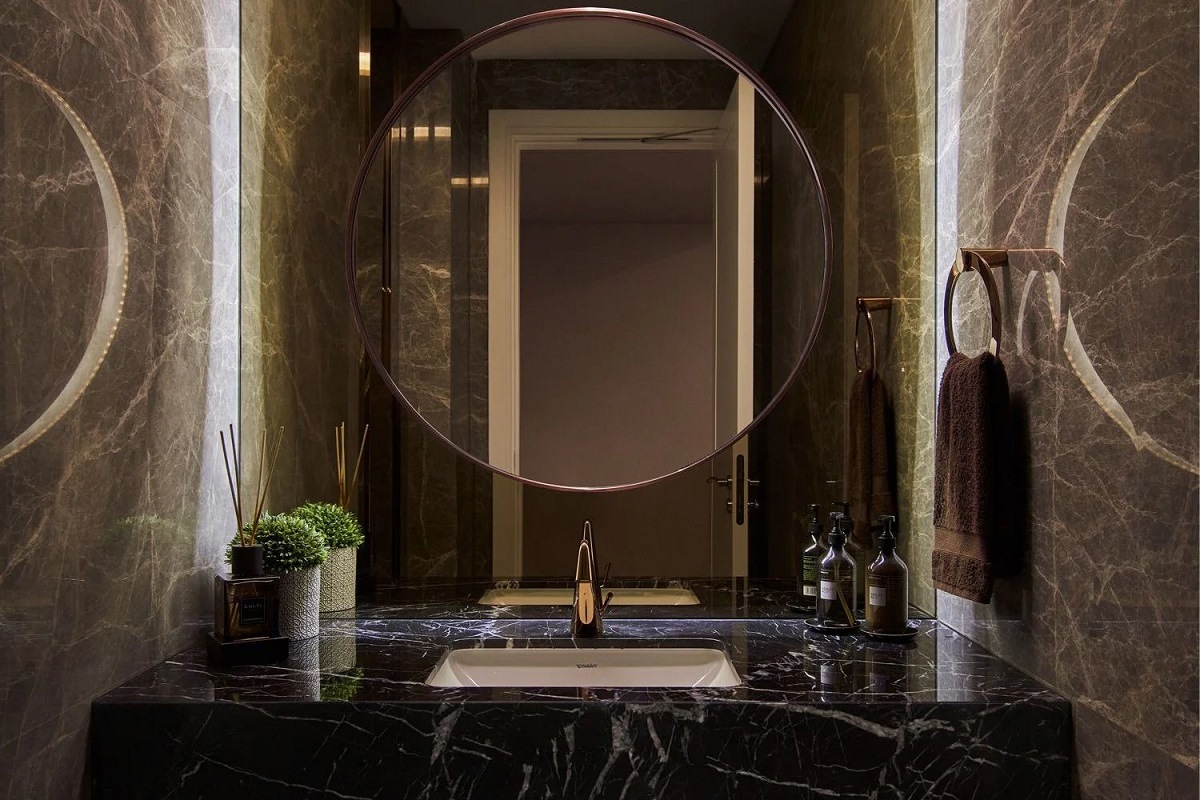

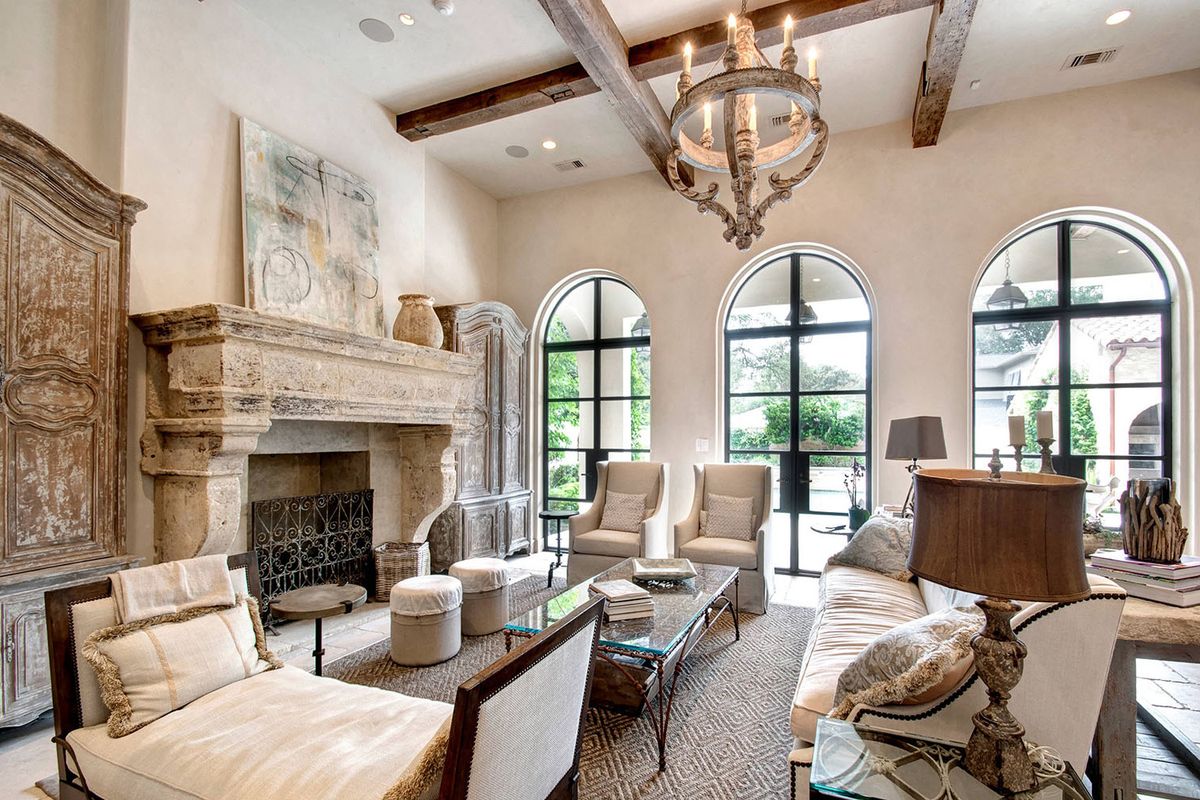

0 thoughts on “What Major For Interior Design”